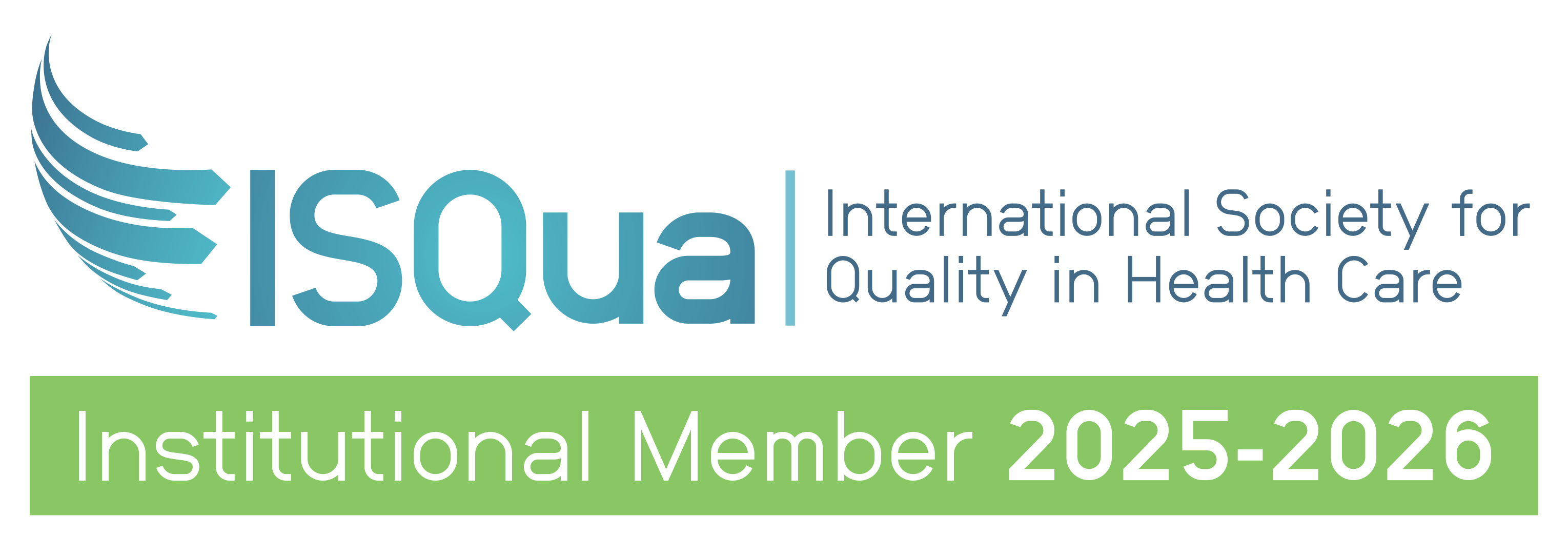
QI In Action: Supportive Care, what matters most?
Applying for the QI Awards 2023? Get inspired by Hunter New England Health District’s (HNEHD) winning submission in the 2022 QI Awards.
The QI Awards are an annual recognition of achievement and encouragement for quality improvement activities, programs or strategies that have been implemented into healthcare organisations. The Awards provide an opportunity to share patient-focused innovation and communicate their quality improvement achievements to the healthcare industry.
Be inspired through the following submission by Hunter New England Health District’s (HNEHD), one of two winners of the Clinical Excellence and Patient Safety category.
Background:
Advanced Liver Disease (ALD) is described as an increasingly prevalent worldwide public health problem. ALD patients suffer a debilitating symptom burden, high disease-related distress, and frequent unplanned hospitalisations. Reviewing a nine-year period from 2012-2020 within Hunter New England Health District (HNEHD) there was found to be 4,655 admitted episodes of care for patients with ALD within this timeframe. It was determined that in one year (2019/20), there were 1,226 acute separations for people with ALD across this single health district, costing the health service $2.08 million. When extrapolated, on a per annum basis, the estimated cost across NSW is $15.62 million.
Project Summary:
The Liver Life randomised controlled trial (RCT) aimed to examine how a transdisciplinary supportive approach to care, embedded within standard care, and guided by patient and carer expressed needs, could optimise health service performance and health outcomes for patients and carers living with ALD, as compared to standard care alone. With a focus on improving the experience of giving (clinicians) and receiving care (patients), and the intention of easing significant economic burden to the health system associated with high rates of unplanned clinical contact experience by people living with ALD.
The Liver Life RCT was the first of its kind to demonstrate the clear benefit of a transdisciplinary supportive approach to care for ALD patients, examining the effectiveness of a Supportive Care Bundle (SCB) integrated within standard care for patients with ALD. Primary outcomes were measured against health service utilisation, and secondary outcome measures considered symptom burden, quality of life, carer burden, evidence of advance care planning, and an economic (cost-utility) analysis.
Results:
Associate Professor Katie Wynne looks back on the results the project work accomplished.
"Our Liver Life project, provided a supportive care approach for people with advanced liver disease and optimised health service utilisation with a two thirds reduction in acute hospital presentations and participants five times more likely to experience days 'alive and out of hospital'."
"Wonderful feedback was received from patients and their carers, reporting they were 'heard' and what really mattered most was their needs were prioritised, for example 'it wasn’t until supportive care that someone looked at the real issues' and they 'helped me, it was so personalised'."
"Clinicians reported more confidence to undertake end-of-life discussions and valued an opportunity to shift their focus to what was most important to the patient and carer, noting that 'we’re giving patients permission to bring things to the table'."
Where to from here?
"The honour of winning the ACHS Quality Improvement Awards, and was an important part of the supportive care model becoming standard care at John Hunter Hospital and Tamworth Rural Referral Hospital in 2023," said Associate Professor Katie Wynne.
"Hunter New England has created a dedicated supportive care chronic disease team that are co-designing and implementing supportive care models starting with Aboriginal Health and Heart Failure services. People living with chronic disease will benefit from early supportive care that works."
These initiatives come as a direct result of the Liver Life project work, and it is continuing to inspire further innovation and improvement across much needed areas of healthcare.
Click here to read the full project summary.
Do you have a quality improvement project to showcase?
If you have implemented a quality improvement activity in the last two years you may be eligible to end this years’ QI Awards.
Apply now and get national recognition for your improvement initiatives.
Submissions close on Friday, 8 September 2023 at 5pm (AEST).
Click here to learn more and apply.

